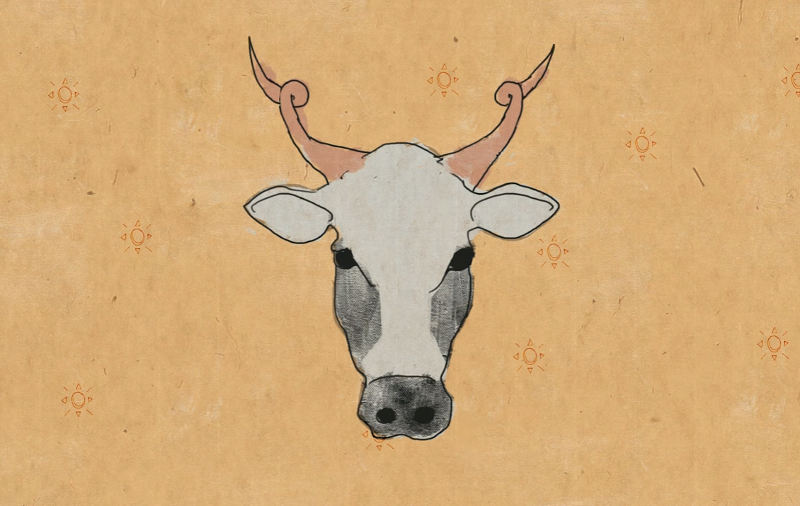Context
The year 2016 was marked by a slowdown in economic growth and a decrease in political space, but a louder voice from civil society and the media. The Presidential elections and their aftermath were accompanied by irregularities, occasional brutalities by the security forces and shrinking political space. Economic growth was lower than expected and investments in the public social sectors (health, education) were insufficient to meet the demands of a fast-growing population. On the other hand, civil society, the private sector and the media have been increasingly active in engaging in policy debates with the government. The influx of around one million refugees is an enormous challenge for Uganda, which has one of the biggest refugee populations in Africa. In spite of these challenges and constraints, the programmes supported by the Netherlands were able to maintain their efforts to increase production and income for smallholder farmers and improve access to justice. Furthermore, trade and investment initiatives between Uganda and the Netherlands remained robust.





